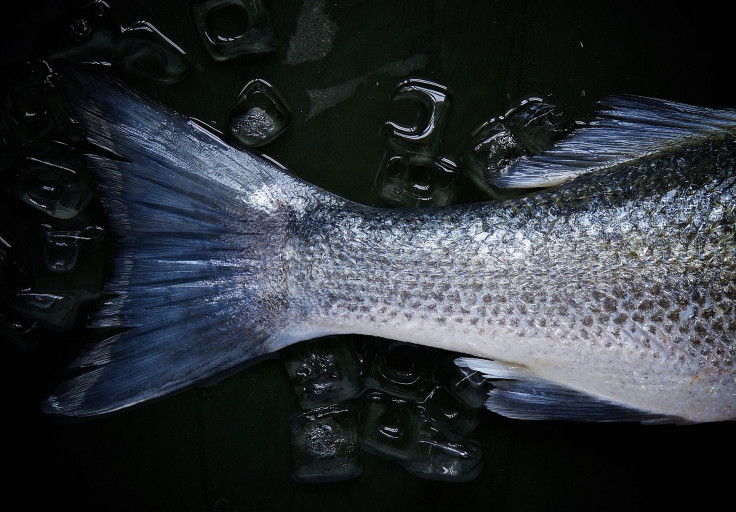Fish Out Of Water: Eating Polluted Seafood May Damage Humans' Natural Defense System

Fish are packed with heart-healthy, brain-boosting nutrients, but a new study published in the journal Science Advances reveals a dangerous pollutant lurking in the muscle tissue of certain fish may be a threat to humans. A team of researchers from The Scripps Institution of Oceanography at UC San Diego is among the first to find that ingesting these pollutants can interfere with the human body’s ability to get rid of harmful toxins.
"When we eat contaminated fish, we could be reducing the effectiveness of this critical defense system in our bodies," said the study’s lead author Amro Hamdoun, an associate professor in the marine biology research division at Scripps, in a statement. "It’s very important to make sure that those fish don’t end up in our food supply."
Humans have a critical protein called P-glycoprotein, or “P-gp," in their body that fights off harmful toxins. Like a bouncer at the door, P-gp works by expelling foreign chemicals from the body, and can resistant multiple toxic chemicals at once. But without it, toxins have free range to enter into cells with no restraint.
For years, experts suspected a class of pollutants known as the persistent organic pollutants (POPs) were unsafe and had the ability slip past the P-gp bouncer and inflict damage — they just didn’t know exactly how. So Hamdoun and his team set out to determine the cause by analyzing 10 different POPs that obstructed P-gp’s ability to function properly. They found that instead of slipping past P-gp, the pollutants attach themselves to the protein, ultimately stopping it from protecting the body against a variety toxins.
“These environmental chemicals form intimate interactions,” Hamdoun said. “But instead of being expelled, these proteins interfere with the ability of p-glycoprotein from doing its job.”
Researchers label this act of “poisoning the bouncer” a danger for unsuspecting fish eaters. They recommend that environmental chemicals should be further tested to determine if they’re contaminating fish, and in turn the human body’s natural defense system. Some fish caught off the coast of Louisiana in the Gulf of Mexico were found to have high levels of the P-gp hindering pollutants. What’s more, researchers believe it’s not just fish we have to worry about. High levels of POPs could also be present in meat and dairy. Hamdoun hopes the results will influence scientists and policymakers in the future to think about testing and pollution prevention.
“We can assume that some 'hot' fish carry more than one toxin and that seems like a credible triple threat, as the results suggest that multiple toxins do act as 'force multipliers' in degrading cells ability to respond,” said Jacob James, the managing director of the Waitt Foundation, who funded the study, said in a statement. “We are the only species that can influence entire food chains and habitats, we must act more responsibly in the design and use of chemicals in our environment as well as work on economically feasible ways to measure and understand the impacts of those chemicals in seafood, and ourselves."
Source: Hamdoun A, Nicklisch SCT, Rees SD, and McGrath AP, et al. Global marine pollutants inhibit P-glycoprotein: Environmental levels, inhibitory effects, and cocrystal structure. Science Advances. 2016.
Published by Medicaldaily.com



























